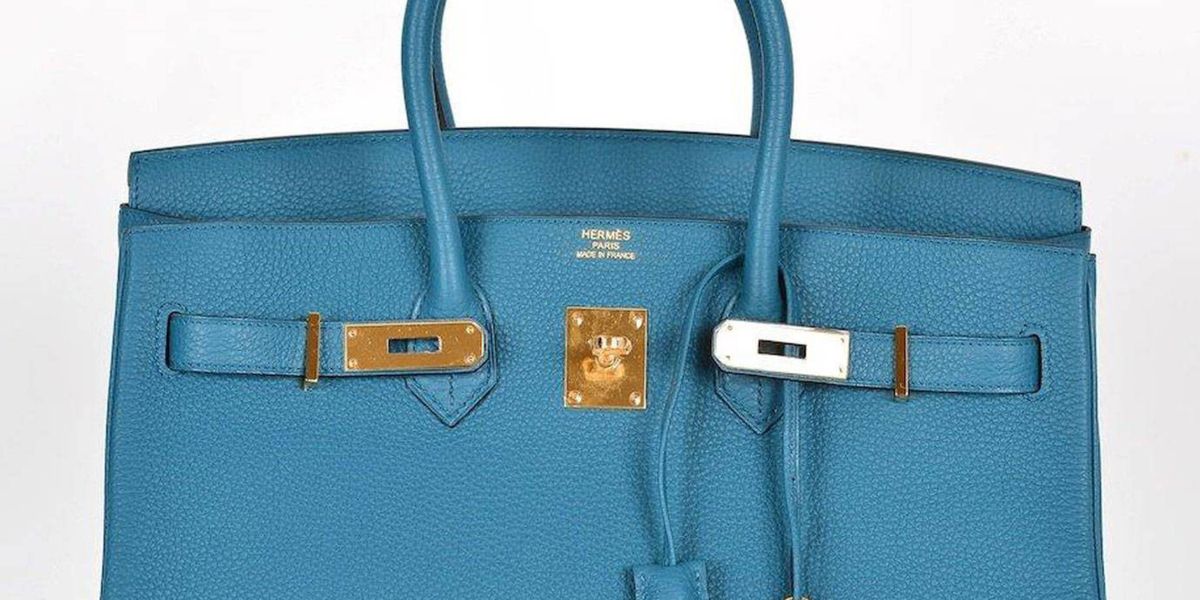The Appeal of Replica Purses and Things You Have to Know
Designer bags have always been a symbol of status, style, and refinement. But not all can pay for the hefty costs that accompany these coveted items. Enter the realm of fake handbags—a booming market that offers trend fans and deal shoppers a taste of luxury without breaking the bank. However, buying a fake handbag arrives with its personal list of thoughts. In this blog post, we will explore the captivating world of fake purses, debate the morals and finances associated, and provide guidance for spotting premium imitations. Introduction to the World of Imitation Purses The allure of a high-end bag is unquestionable. These luxurious pieces frequently act as the ultimate gem of one's closet, representing not just trend but a way of life. Still, for a lot of, possessing an real luxury handbag remains a far-off aspiration because of their high price tags. This is how replica handbags appear into play. Fake handbags, also known as copies or imitations, mimic the style, fashion, and branding of high-end handbags at a small part of the expense. They attract to a varied group, including trend lovers who want to keep fashionable on a tight budget, discount seekers looking for affordable luxury, and even opulence enthusiasts who want to increase their inventory without spending a huge amount. In this article, we'll explore the multiple sides of the fake purse market, from moral worries to practical tips, and look ahead at what the coming times has for this controversial market. The Morals of Getting Imitation Purses When it comes to gettting fake purses, morals is a major issue. The argument usually centers around three primary points: Intellectual Property Laws Replica bags break intellectual property laws. Designer brands put substantial resources in creating and advertising their goods. By buying imitations, shoppers basically support an sector that diminishes these initiatives and violates on copyright and ownership laws. Impact on the Trend Industry The fashion sector argues that imitations cheapen the company's image and cause to economic setbacks. Creators and companies count on the rarity and elevated prices of their goods to maintain an elite The Value of Opulence The knockoff handbag industry has both economic and eco-friendly consequences. Grasping these can assist customers form informed selections. Economic Influence The international market for counterfeit items, including knockoff handbags, is worth billions of dollars. While this provides affordable options for buyers, it also leads to substantial revenue losses for high-end brands. This loss can flow to impact employment and salaries within the fashion sector. Ecological Impact The production of knockoff bags often includes substandard materials and less strict production processes. This can result in increased levels of waste and emissions. In contrast, many luxury brands are moving towards eco-friendly methods and green materials, causing the ecological effect of knockoffs a rising issue. Customer Selection Ultimately, the decision to get a knockoff handbag is a private one. Buyers have to consider the financial and environmental consequences alongside their want for affordable high-end. Creating an informed decision can help mitigate some of the adverse effects associated with the replica industry. first copy designer of Replica Bags The fake purse market is constantly evolving. Here are some trends and predictions for the future: Technological Advancements Technology is playing an increasingly major part in both the production and detection of replica purses. Advanced manufacturing techniques can create replicas that are almost undetectable from the genuine ones. On the flip side, luxury brands are creating sophisticated techniques to identify counterfeits and defend their IP. Sustainability With rising consciousness of environmental problems, both customers and makers are concentrating on sustainability. This could cause a shift in the materials and processes utilized to make fakes, making them more environmentally friendly and ethically manufactured. Changing Consumer Perceptions Buyer perceptions towards knockoff bags are also changing. Younger generations, in particular, are more focused with ethical consumption. This could boost interest for superior responsibly manufactured knockoffs and increase scrutiny on the techniques of the fake sector. In closing, the future of knockoff bags is likely to be influenced by technological advancements, sustainability initiatives, and evolving buyer perceptions. Closing The universe of fake bags is as fascinating as it is debated. From the appeal of cost-effective high-end 